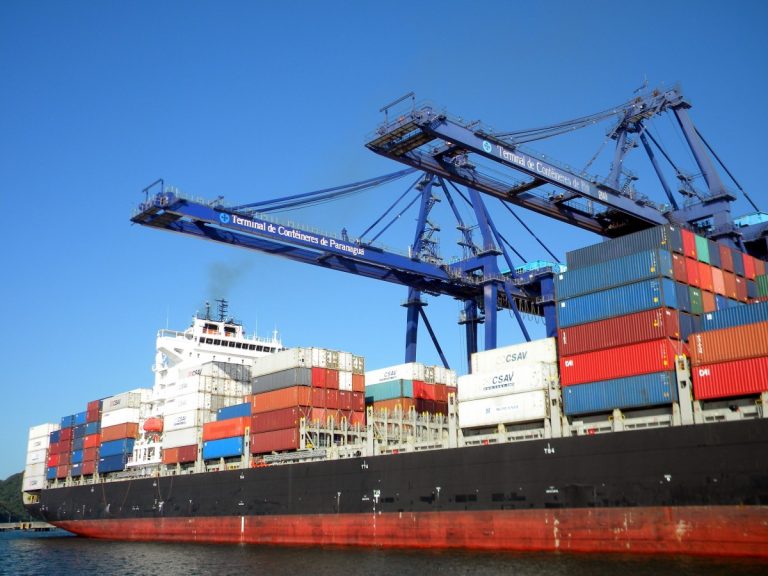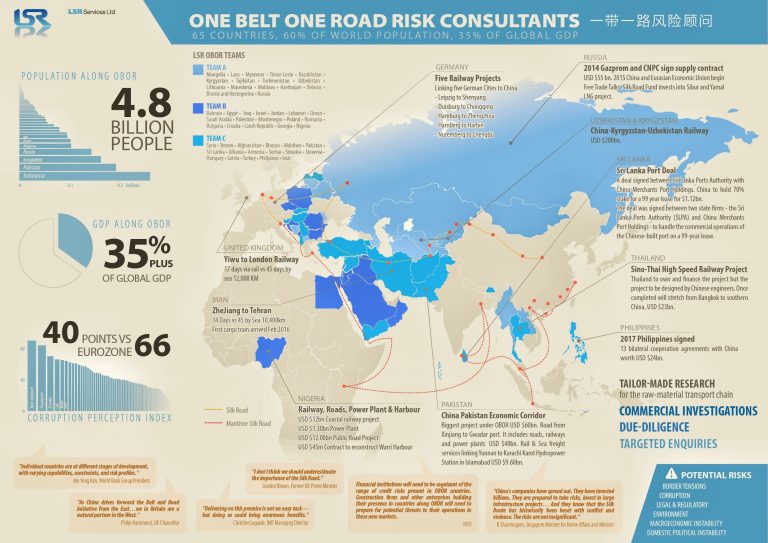Enforcement problems in China? Cancel your opponent’s foreign holiday…
China Industry AnalysisEnforcement problems in China? Cancel your opponent’s foreign holiday …
Enforcement of awards against companies and individuals is a perennial problem, all over the world. The legal sector is ill-served by the lack of meaningful research into what percentage of judgments remain unsettled, either in terms of numbers of cases or quantum of judgements.
However, we have found a recent Judgment Enforcement Survey by legal finance provider Burford Capital that has made some effort to address this situation. The survey found that enforcing awards remains very difficult, whether it involved domestic law only or fought through cross-border entities and multiple jurisdictions. 86% of responding lawyers admitted that at least one client was not paid the full-face value of a judgment or award. 62% reported that the total recovery was often around 70% whilst 19% respondents reported that recovery rates were less than 50% in value. On top of that, there was a significant drop off in collections if defendants were incorporated in certain countries or regions.
BUT… LSR Services is always looking for new ways that are found to assist and we were recently told of one novel way to apply pressure in China – “take away” their passport! Upon further inspection it seems that it is indeed possible to restrict the travel of the legal representative of the Chinese company that has failed to comply with an award as per Article 255 of the Civil Procedure Law of China.
Subject to conditions being met, the claimant can file an application to register the debtors/ legal representative of the Chinese companies onto the “Violation Blacklist”. For which, their details will be sent to immigration, customs, tax, public transportation authorities and banks etc. Hence, the persons will be restricted from overseas travelling, buying flight tickets, buying high-speed train tickets, spending with credit cards etc. Our correspondents in China advise that this is indeed the case and they have seen it performed. In reality it is not so dramatic as having a passport confiscated, but the miscreant is turned back at the border.
This could be classed as a mere inconvenience, rather than a hammer blow. But, from our experience, it’s often the case that enforcement against a company only starts working when it gets personally uncomfortable for decision makers.
China’s a black hole for company information?? Think again…
China Industry AnalysisAt LSR we’ve often heard it said that gaining access to official Chinese company data is either very difficult or illegal and that the information itself cannot be relied upon. Frankly, this is very far from the truth and a whole host of information is available, direct from reliable government sources, if you know where to look and who to ask.
Just like any other sophisticated, 21st century country, China has upgraded and evolved its regulatory framework to keep pace with growth and to support trade.
So, what can you get?
Company registries certainly cover the basics that can verify the Company Name, Company Number, Registered Address, Company Type (private, SOE, Public etc), the Legal Representative (akin to an authorized person who can speak and act for the company itself), Shareholders (just the name directly but further investigation can reveal shareholding percentages) and Directors. The company’s status is also highlighted if “abnormal”. An abnormal status may result from non-payment of annual fee or late filing of required documentation.
Furthermore, a timeline of changes to significant elements of the company will also be documented, such as changes in capital or the resignation and appointment of Directors and Legal Representatives. Another detail that may be included is the recording of court-appointed administration over shares.
The availability of these details is very much comparable to any developed nation and actually better than many.
Over recent years there has been movement with regards to the provision of financial statements and these are becoming more accessible, with yearly, quarterly and even monthly unaudited statements available. Occasionally companies even release detailed fixed asset registers, even providing the license plate numbers of vehicles!
Moving on from the purely corporate, legal searches for judgments and defaults can be accessed on a routine basis. As is common in most parts of the world, a list or details of on-going cases are not normally available, but adjudicated cases are listed, with both parties named, the decision and the award made. This information, coupled with a register of defaults against awards, can be illuminating and detailed.
For those wishing to unlock the trading profile of importers and exporters it is now possible to access customs data for Chinese companies trading internationally. Although coverage may not be 100%, and the names of foreign parties are not disclosed, it is possible to build up a revealing picture of the ebb and flow of goods handled by local companies as a description, weights and timing of trades is covered in adequate detail.
The bottom line is that administering China is a vast undertaking as the country continues to expand its economy, no matter what economic and trade restrictions are thrown its way. In 2016 the State Administration for Industry and Commerce announced that there were over 77 million companies of various types in China, with 12,000 being formed every single day. Contrast that with about 30 million in the USA at the last census. It’s little wonder that China has to keep a tight regulatory reporting structure, if only to keep a grip on tax collection.
Accessibility to basic details of who you’re dealing with is essential to business confidence, which itself is essential to continued growth.
LSR Services Ltd. Corporate Investigations – Basic Steps
Company News Industry Analysis VideosNathan Wheeler, founder and chairman of LSR Services Ltd, introduces some basic steps for conducting corporate investigations.
Global Shipping Industry edging towards a new era
Industry Analysis
The global shipping market has left the tsunami days of 2015-2016 and returning to calmer seas driven by the stronger global economy. However, are rougher seas just around the corner as new challenges arise from autonomous vessels, emissions regulations and oil supply growth.
According to the United Nations, around 80% of global trade by volume and more than 70% of global trade by value is carried out over maritime trading routes. The majority of these routes are expecting to see more volume in 2018, this is reflected by expectations of a stronger global economy.


